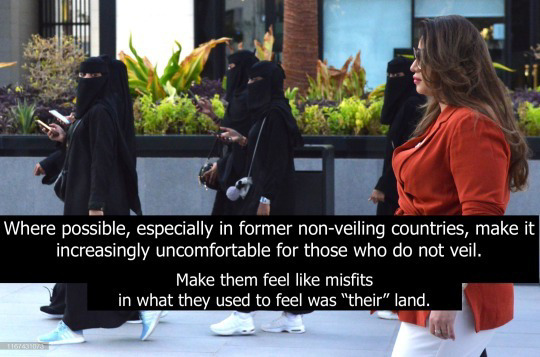#burqa
Text
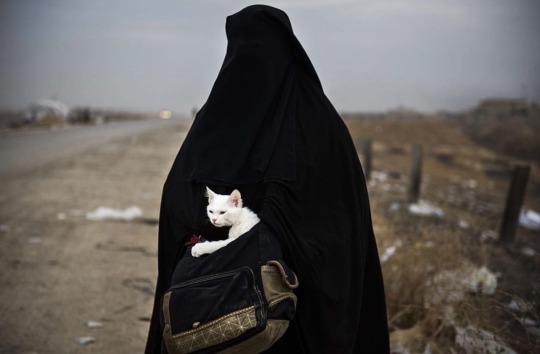
A displaced Iraqi woman holds her cat, Lulu, while waiting for transport in the Iraqi Kurdish checkpoint village of Shaqouli after she fled her home with her children on November 10, 2016.
2K notes
·
View notes
Text






Racing Girls 🏎️
#ai art#ai artwork#ai image#ai generated#ai girl#sexy pose#sexy belly#sexy titts#sexy breast#sexy curves#sexy content#18+ only#18+ content#nsft pics#hot nude#burqa#half naked#half nude#nice and tight#racing#curvy girls#sport girls#thigh g4p#thigh cvts#hot as fuck#hot breast#hot babygirl#hot curves#wlw nsft#sexy bust
1K notes
·
View notes
Text

Celebrating International Women's day in Iran
#israel#secular-jew#jewish#judaism#israeli#jerusalem#diaspora#secular jew#secularjew#islam#iran#iranian#hamas#hezbollah#islamic jihad#terrrorist state#misogynist#hijab#burqa#veiled#veiled muslimah#niqab#fully veiled#freedom#womens day#international women's day
268 notes
·
View notes
Photo
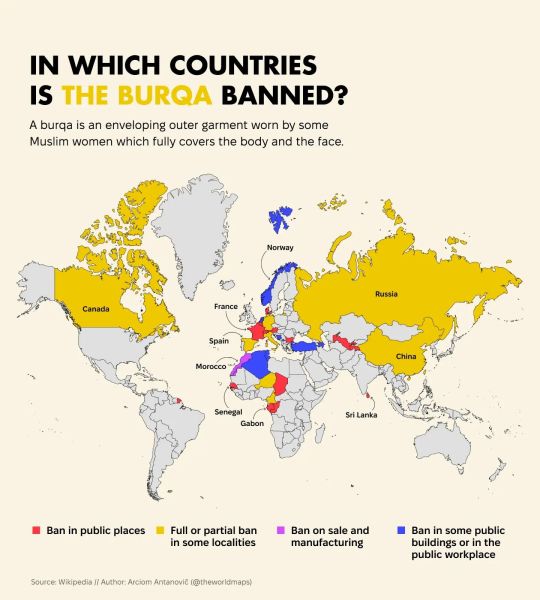
Which countries in the world have banned the burqa?
by theworldmaps
277 notes
·
View notes
Text
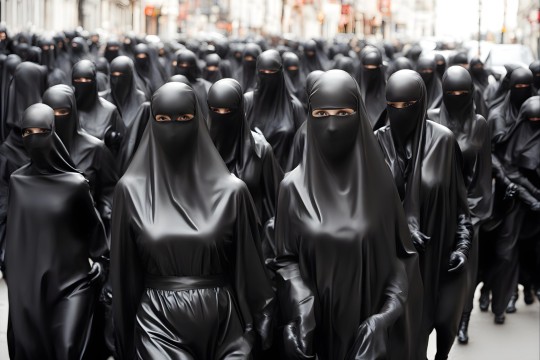
The cursed rubber burqa transforms anyone who wears it into a submissive (and often quite well endowed) hijabi and also compels them to make more burqa's and force other people to wear them.
One such burqa arrived in town 12 hours ago, now there is an army on the streets hunting down anyone not yet veiled and chanting, "You will become as we are..."
(AI art made with Stable Diffusion)
173 notes
·
View notes
Text
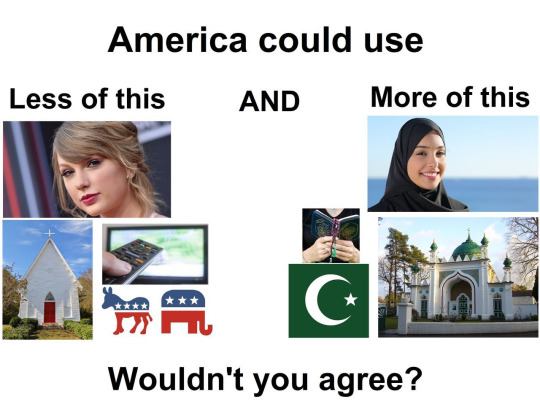
#convert to islam#islam#revert islam#freepalastine🇵🇸#islamophobia#muslim#sunni islam#welcome to islam#all women must veil!#burqa
152 notes
·
View notes
Text
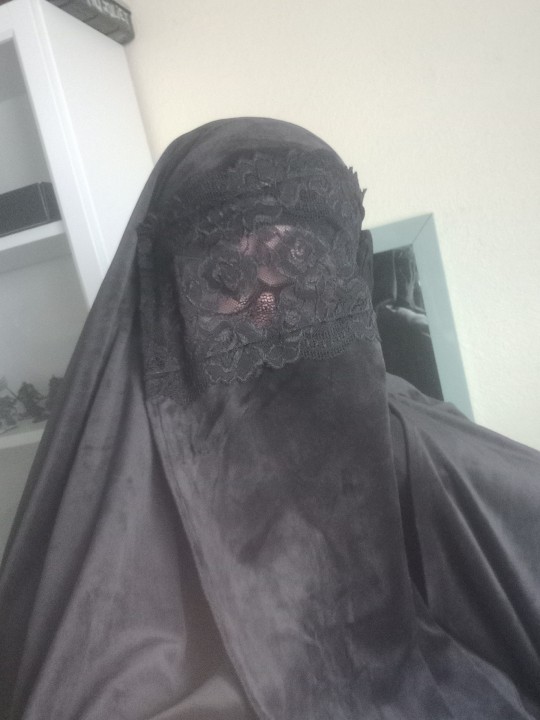
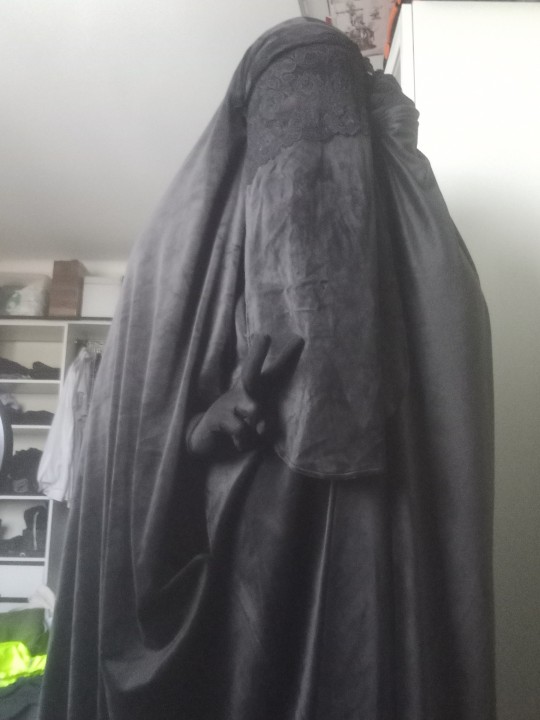
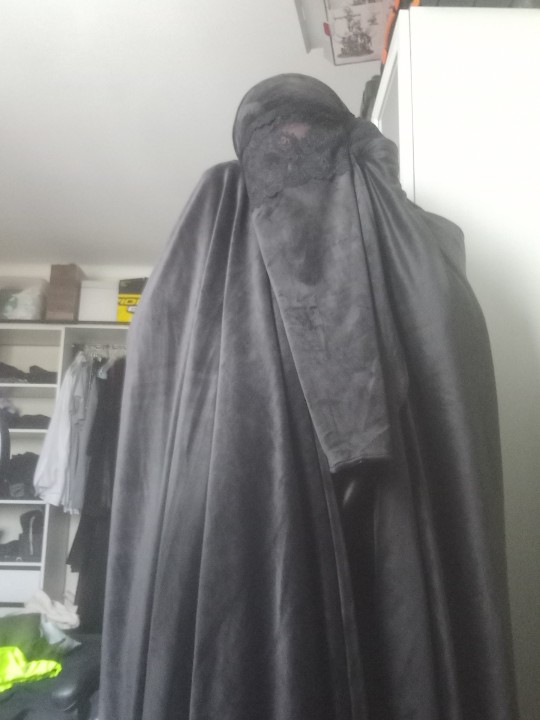
Hidden behind thick velvet and obscuring lace
156 notes
·
View notes
Text
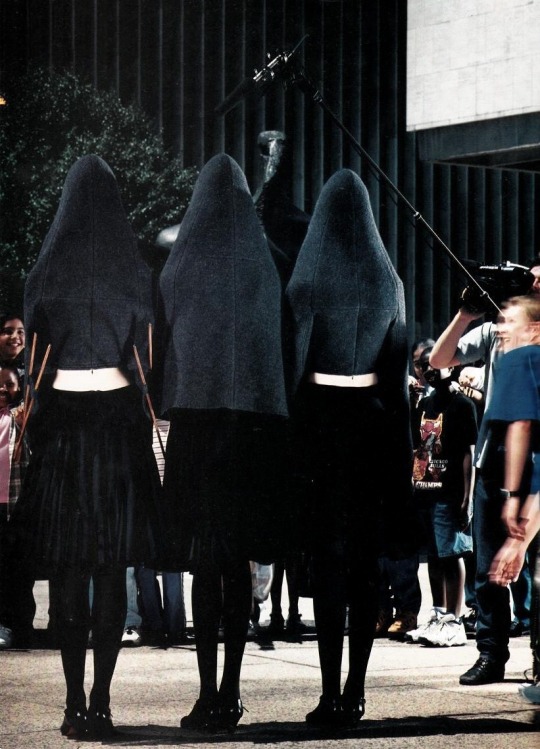
Vogue USA September 1998 “Some Nerve”
Photographer Steven Meisel
wearing Hussein Chalayan
Newest Cool
#newestcool#newest cool#modest high fashion#babushka#balaclava#modest style#modest outfit#hijab#vogue usa#vogue us#American vogue#vogue magazine#vogue editorial#fashion editoria#hussein chalayan#chalayan#chalayan studio#vogue cover#fashion photography#burqa#niqab#headscarf#headcover#headpiece#Steven meisel#Steven Meisel photography#90s vogue#90s editorial#90s vogue magazine#90s aesthetic
291 notes
·
View notes
Text
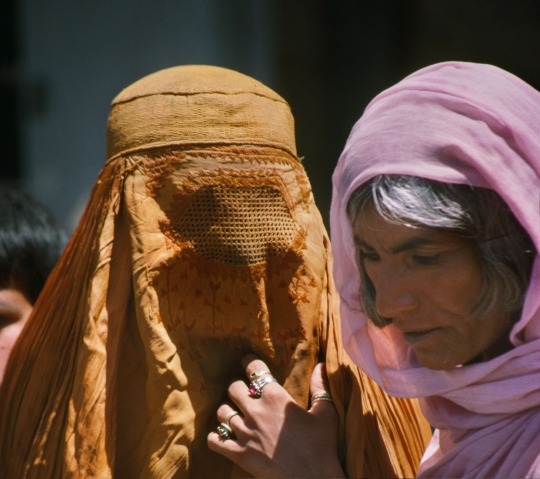
Women in a downtown market, Kabul, Afghanistan.
May 1, 1988
Robert Nickelsberg
103 notes
·
View notes
Text
FULL VEIL NIQAB/BURQA SIMS 4 CC
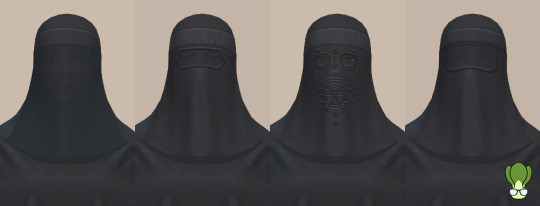
Hello, some people have asked me if I could make a full burqa CC & based from how the game is build my answer is I can't.
Since Sims 4 handles clothing movement with bone rig it would be hard to make long draping clothes especially around the arm area. To handle long draping cloth games usually use simulation or a lot of bone rig, which the Sims 4 doesn't have as far as I know.
Now what I can make is a hijab/niqab that looks somewhat like a burqa but much much shorter, you can use the hijab extension CC to make it look longer but that's as long as I can make it.
All that aside I hope this will give more clothing options for people who wish to use it in their game.
Enjoy :)
Full Veil/Burqa ☕
Base game compatible
New mesh
Feel free to recolor my CC but don’t include the mesh. Link back to this original post
Please don’t upload to other site
Please don’t claim as your own
You can tag me if you want if you use my CC
149 notes
·
View notes
Text

#ai generated#ai art#ai girl#ai image#ai artwork#nice and tight#sexy titts#nipplicous#thigh straps#sexy curves#pantylover#sexy belly#nsft pics#wlw ns/fw#burqa#18+ only#18+ content#curvy body#amazing body
214 notes
·
View notes
Text

An Afghan woman in 2002 lifts her veil as she takes her son to school in Kabul for the first time after the fall of the Taliban.
65 notes
·
View notes
Photo

Burqa ban in Europe, 2022
by u/PeasKhichra
129 notes
·
View notes
Text
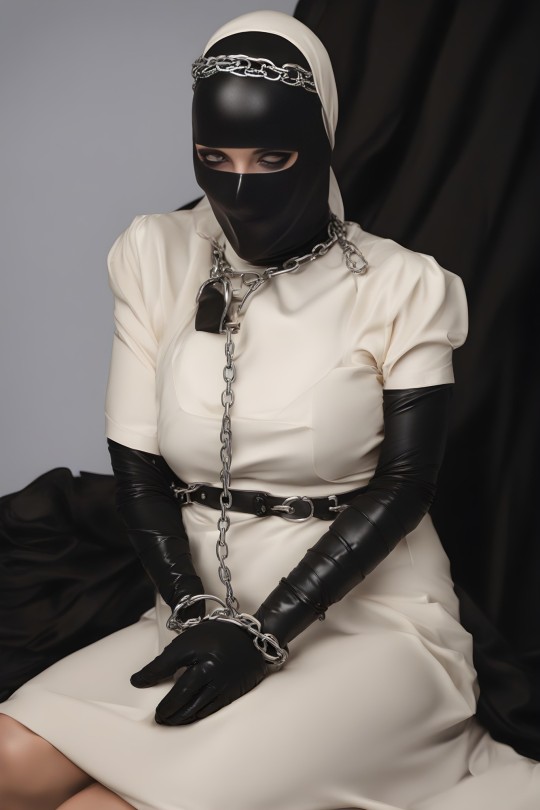
She tried to fight, she tried to resist but once the contacts inside the Niqab touched her forehead the machine had complete access to her brain. Now her mind will shortly join her body in unbreakable chains...
(AI art made with Stable Diffusion)
147 notes
·
View notes

